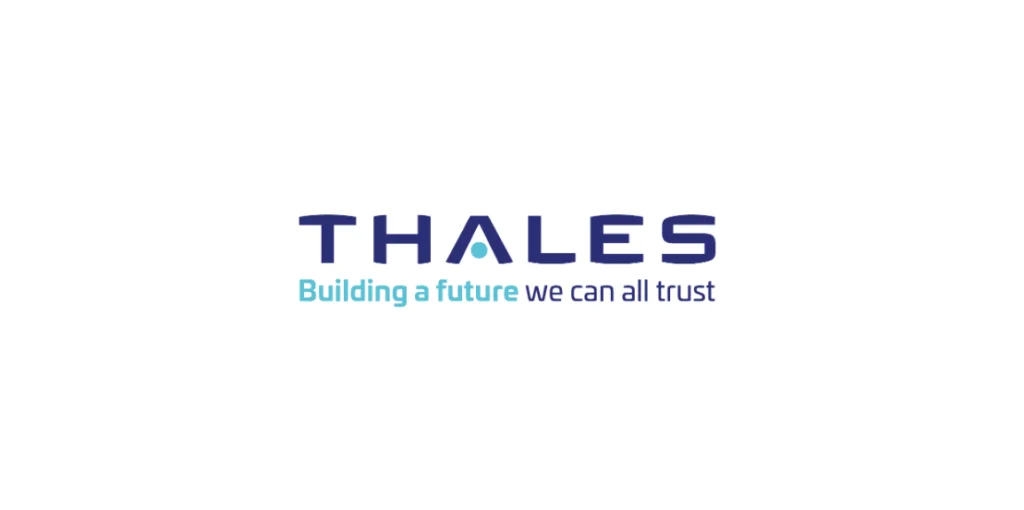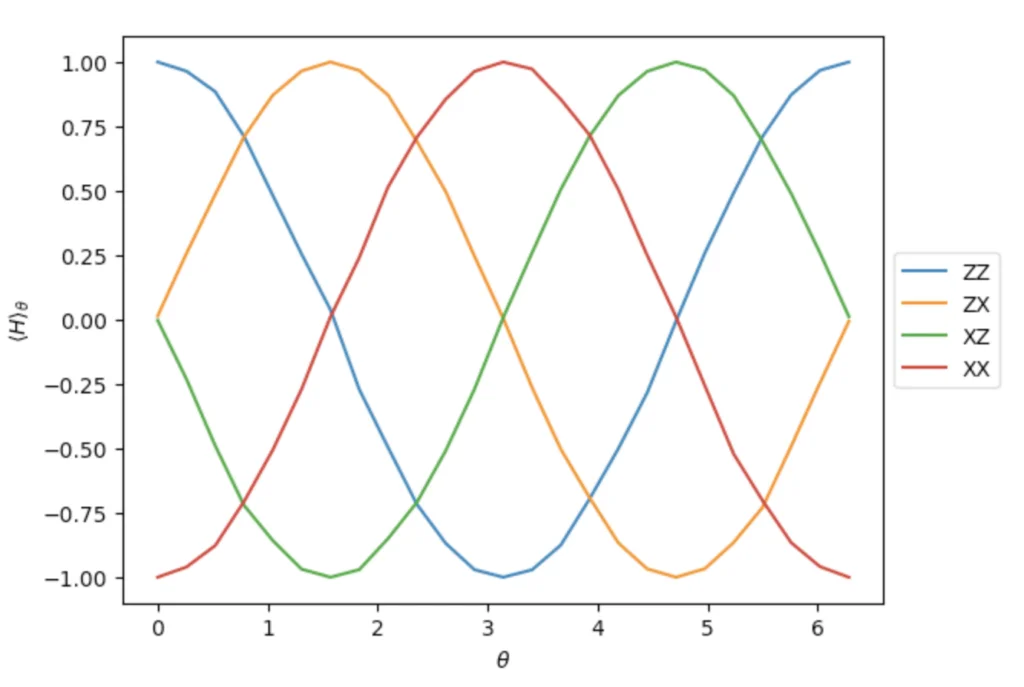Insider Brief
- Qubit Pharmaceuticals’ platform, built on NVIDIA Quantum Optimized Device Architecture, is designed to accelerate drug discovery using hybrid classical and quantum computing.
- The use of hybrid classical and quantum computing may significantly reduce the time needed to discover drug candidates and the amount of investment required by a factor of 10.
- This high-performance platform with a power of several petaflops enables massive acceleration of classical calculations and emulates future quantum computers.
PRESS RELEASE – Qubit Pharmaceuticals, a deeptech company specializing in molecular simulation and modeling using quantum physics, has announced the creation of a platform to accelerate drug discovery using hybrid classical and quantum computing built on NVIDIA Quantum Optimized Device Architecture (QODA). QUBIT has one of the largest GPU supercomputers for drug discovery in France, with the goal of building a portfolio of drug candidates in the fields of oncology, inflammatory diseases and antivirals. By 2023, the first drug candidates resulting from this collaboration should be tested by pharmaceutical companies.
One million billion operations per second
Drug discovery through simulation and modeling requires unprecedented computational capabilities beyond the petaflop, or more than one million billion operations per second. The new platform combines Qubit’s Atlas software suite and NVIDIA’s computing power and platforms.

By creating digital twins of physical molecules, Qubit’s Atlas platform accelerates calculations by a factor of 100,000, performing calculations in a few hours versus the several years with conventional methods. While conventional research typically requires 5,000 molecular syntheses, simulation requires only about 200. Simulation also allows several chemical families to be explored in parallel, rather than sequentially.
The new platform features NVIDIA DGX systems and NVIDIA-accelerated servers with a total of 200 NVIDIA GPUs, providing significant computing power and artificial intelligence capabilities. The combination of NVIDIA accelerated computing platform and Qubit’s Atlas software is designed to cut the time required to screen, select and optimize a drug candidate of interest by more than a factor of two, and the investment required by more than a factor of 10.
Three priority research areas
In the immediate future, the new platform aims to develop 10 internal research programs in the fields of oncology, inflammatory diseases and antivirals. The first drug candidates should be tested by pharmaceutical companies as early as 2023.
Quantum Computing Simulation Launched
The future of molecular modeling and simulation in drug discovery may lie in the hybrid use of classical supercomputers and quantum computers, with quantum computers acting as accelerators for some key kernels alongside GPU supercomputing. To explore this important area of research, Qubit is adopting NVIDIA QODA, a platform for hybrid quantum-classical computing. QODA enables the seamless integration of quantum computing with GPU-accelerated supercomputing and is compatible with all quantum resources including physical QPUs and emulation with cuQuantum.
The collaboration between NVIDIA and Qubit Pharmaceuticals lays the groundwork for quantum computing simulation and molecular modeling for drug discovery, and will help create the computing architectures that will be used in the years to come. This cooperation aims to have algorithms ready when quantum computers are.
Robert Marino, president of Qubit Pharmaceuticals, said: ”We are extremely proud two years after Qubit’s inception to have gained the confidence of a world leader like NVIDIA. By combining NVIDIA’s computational power and leading-edge software with Qubit’s simulation and molecular modeling capabilities, we are confident in our ability to dramatically reduce drug development time and cut the cost of pre-clinical development by a factor of ten. This unique collaboration is also a forerunner in the field of quantum physics and should enable us to develop the first algorithms in this field applied to drug discovery.”
Craig Rhodes, EMEA industry lead for AI for healthcare and life science at NVIDIA, said: “Accelerating drug discovery is a high priority for NVIDIA, and we are developing software and hardware specifically for this challenge. We have found a great synergy with QUBIT as we work together to push the boundaries of drug discovery.”
About Qubit Pharmaceuticals
Qubit Pharmaceuticals was founded in 2020 with the vision of co-developing, with pharmaceutical and biotech companies, new, more effective and safer drugs. Its software takes full advantage of existing and emerging supercomputers to model quantum effects at the microscopic level with maximum accuracy. The multidisciplinary team and founders are based in France at the Paris Santé Cochin incubator and in the United States in Boston. For more information, or to apply for jobs in an ambitious team, visit www.qubit-
If you found this article to be informative, you can explore more current quantum news here, exclusives, interviews, and podcasts.














